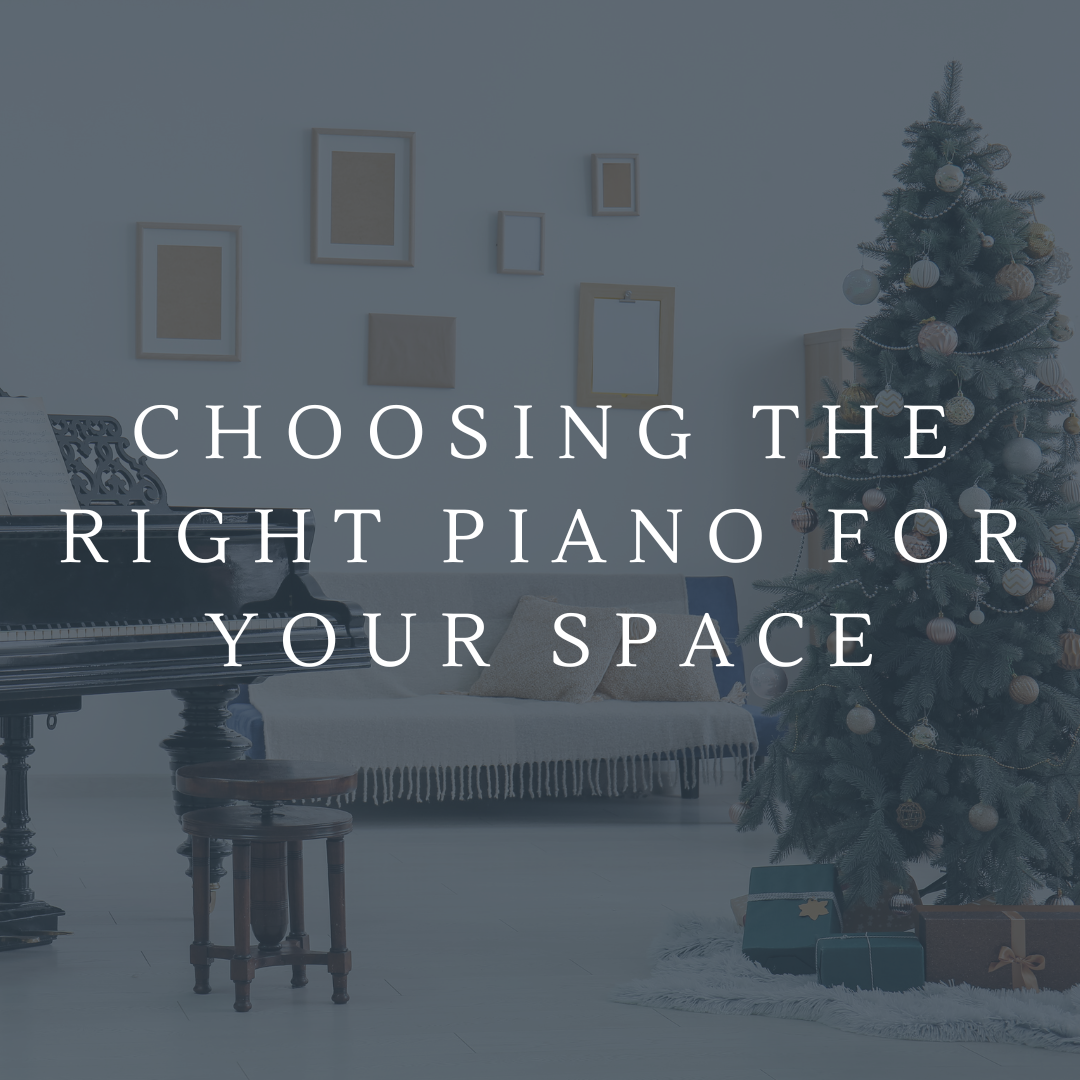
Choosing the perfect piano involves balancing the practical aspects of your living space with your musical aspirations. Whether you’re a beginner or an experienced pianist, here are some essential tips to help you find the ideal piano that harmonizes with both your home and your musical journey.
Before diving into the world of piano shopping, take a close look at your home. Measure the area where you plan to place the piano. Consider not just the physical dimensions but also the room’s acoustics, lighting, and the environment.
Think about your current skill level and how you plan to use the piano. Are you a casual player, a student, or a performer? Your needs will influence your choice.
Pianos are a significant investment, so consider your budget not only for the initial purchase but also for ongoing maintenance.
The tactile experience and sound of the piano are crucial. Spend time playing different models to find one that feels and sounds right for you.
Whenever possible, test the piano in person. Play several pieces that you are familiar with to evaluate the touch and sound quality. This hands-on experience is invaluable in making your final decision.
Selecting the right piano is a blend of personal preference, practical considerations, and musical goals. By assessing your space, understanding your needs, considering your budget, and thoroughly testing options, you can find a piano that not only fits your home but also enriches your musical journey.

An acoustic piano isn't just a musical instrument—it’s an investment in artistry, craftsmanship, and tradition. To keep it sounding beautiful for years to come, regular care is essential. Whether you’re a seasoned pianist or a beginner, here’s how to maintain your piano and ensure it remains in excellent condition.

Music has long been recognized as a powerful tool for emotional and creative growth. Among all musical instruments, the piano stands out as a gateway to self-expression, cognitive development, and emotional well-being. Whether you're a beginner learning your first melody or a seasoned pianist composing intricate harmonies, playing the piano fosters holistic development in ways that go beyond the keys.

At just 20 years old, pianist Madison Yan is already enchanting audiences with a blend of technical brilliance, emotional depth, and fearless authenticity. We had the chance to sit down with Madison after her standout performance at Northwest Pianos—an event so packed with anticipation, we had to turn people away at the door. (Don’t worry—we’re working on a return performance!)